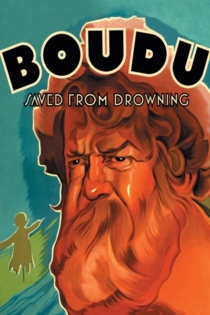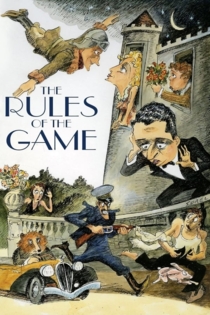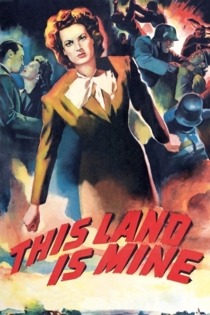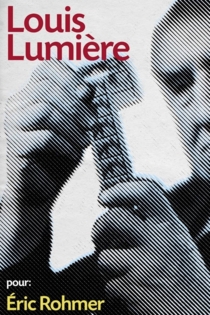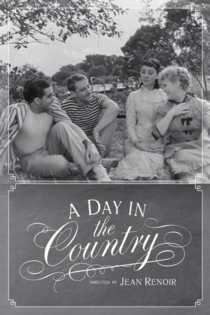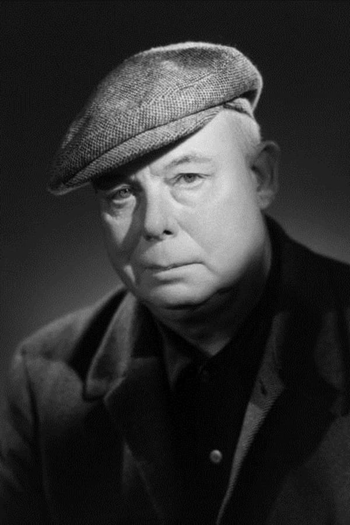
Jean Renoir
1894 - 1979In the 1930s, Renoir was associated with the Popular Front, and several of his films reflect the movement's left-wing politics and deal with social issues as well as class disparities. He was perhaps the most significant director of the poetic realism movement. The satirical comedy-drama film The Rules of the Game (1939) is often cited by critics as among the greatest films ever made; it is the only film to earn a place among the top ten films in the respected British Film Institute's Sight & Sound decennial critics' poll for every decade from the poll's inception in 1952 through the 2012 list. Other important works are Grand Illusion (1937), A Day in the Country (1946) and The River (1951).
Andrew Sarris in his influential book of film criticism The American Cinema: Directors and Directions 1929–1968 included him in the "pantheon" of the 14 greatest film directors who had worked in the United States.
La Grande Illusion
Jean Renoir
Jean Gabin, Dita Parlo
A group of French soldiers, including the patrician Captain de Boeldieu and the working-class Lieutenant Maréchal, grapple with their own class differences after being captured and held in a World War I German prison camp. When the men are transferred to a high-security fortress, they must concoct a plan to escape beneath the watchful eye of aristocratic German officer von Rauffenstein, who has formed an unexpected bond with de Boeldieu.
Grand Illusion
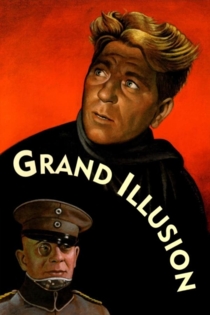
La Chienne
Jean Renoir
Michel Simon, Janie Marèse
Cashier Maurice Legrand is married to Adele, a terror. By chance, he meets Lucienne, "Lulu", and make her his mistress. He thinks he finally met love, but Lulu is nothing but a streetwalker, in love with Dede, her pimp. She only accepts Legrand to satisfy Dede's needs of money.
La Chienne
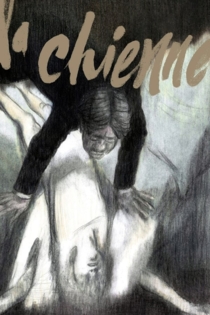
La Bête humaine
Jean Renoir
Jean Gabin, Simone Simon
On board a train bound for the port city of Le Havre, France, railroad stationmaster Roubard murders Grandmorin, who seduced his beautiful young wife, Severine. Engineer Jacques Lantier, stuck in Le Havre while the train is being repaired, also begins a passionate affair with Severine, who tries to entice the handsome stranger to murder her controlling husband. However, Lantier has a secret urge of his own that changes everything.
La Bête Humaine
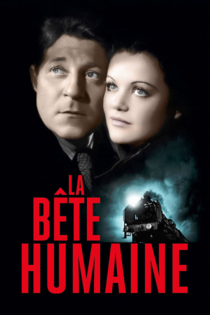
Les bas-fonds
Jean Renoir
Jean Gabin, Suzy Prim
Inhabitants of a flophouse struggle to survive under the harsh treatment imposed by the landlord, Kostyleva. One resident, young thief Wasska Pepel, ends his affair with the landlord's wife, Vassilissa, and takes up with her sister, Natacha. Pepel also befriends the baron, a former nobleman fallen on hard times, but Pepel's attempts at happiness are complicated when he's accused of murder by a spiteful Vassilissa.
The Lower Depths
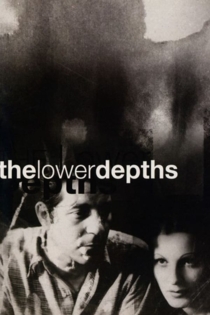
The River
Jean Renoir
Nora Swinburne, Esmond Knight
Director Jean Renoir’s entrancing first color feature—shot entirely on location in India—is a visual tour de force. Based on the novel by Rumer Godden, the film eloquently contrasts the growing pains of three young women with the immutability of the Bengal river around which their daily lives unfold. Enriched by Renoir’s subtle understanding and appreciation for India and its people, The River gracefully explores the fragile connections between transitory emotions and everlasting creation.
The River

Jag är Ingrid
Stig Björkman
Alicia Vikander, Isabella Rossellini
A personal and captivating account of the extraordinary life and work of Ingrid Bergman (1915-82), a young Swedish woman who became one of the most celebrated actresses in world cinema.
Ingrid Bergman: In Her Own Words
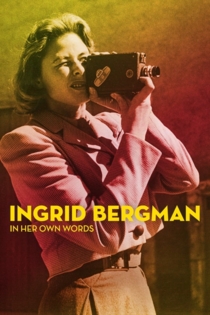
Jean Renoir le patron, 2e partie: La direction d'acteur
Jacques Rivette
Jean Renoir, Michel Simon
Second in the documentary trilogy from mastermind Jacques Rivette, featuring a conversation between Jean Renoir and Michel Simon
Jean Renoir le patron, 2e partie: La direction d'acteur
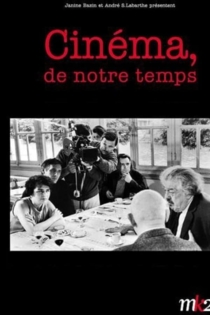
French Cancan
Jean Renoir
Jean Gabin, Françoise Arnoul
Nineteenth-century Paris comes vibrantly alive in Jean Renoir’s exhilarating tale of the opening of the world-renowned Moulin Rouge. Jean Gabin plays the wily impresario Danglard, who makes the cancan all the rage while juggling the love of two beautiful women—an Egyptian belly-dancer and a naive working girl turned cancan star.
French Cancan
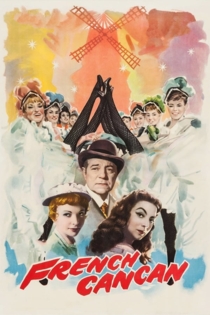
Jean Renoir le patron: La règle et l'exception
Jacques Rivette
Pierre Braunberger, Marcel Dalio
In the third part of a Cinéastes triptych on Jean Renoir, the director sits alone in a cinema analyzing scenes from La Marseillaise and The Rules of the Game, and discussing his editing and storytelling techniques.
Jean Renoir le patron: La règle et l'exception
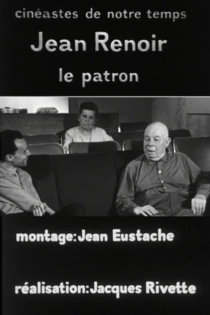
Un tournage à la campagne
Jean Renoir, Alain Fleischer
Jean Renoir, Sylvia Bataille
Edited from 4½ hours of unused material left over from the shooting of Jean Renoir's 1936 PARTIE DE CAMPAGNE (A Day in the Country) and donated by the producer Pierre Braunberger to the Cinémathèque Française. Re-edited for a new version, much of the film is shot with synchronised sound with Renoir's voice instructing and guiding the actors.
Un tournage à la campagne
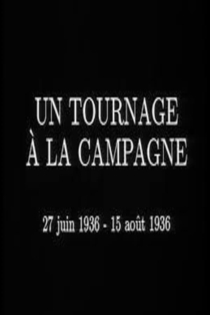
Toni
Jean Renoir
Charles Blavette, Celia Montalván
In the 1920s, the Provence is a magnet for immigrants seeking work in the quarries or in the agriculture. Many mingle with locals and settle down permanently - like Toni, an Italian who has moved in with Marie, a Frenchwoman. Even a well-ordered existence is not immune from boredom, friendship, love, or enmity, and Toni gets entangled in a web of increasingly passionate relationships. For there is his best pal Fernand, but also Albert, his overbearing foreman; there is Sebastian, a steady Spanish peasant, but also Gabi, his young rogue relative; there is Marie, but there is also Josefa.
Toni
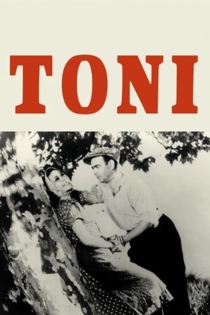
Boudu sauvé des eaux
Jean Renoir
Michel Simon, Marcelle Hainia
Michel Simon gives one of the most memorable performances in screen history as Boudu, a Parisian tramp who takes a suicidal plunge into the Seine and is rescued by a well-to-do bookseller, Edouard Lestingois. The Lestingois family decides to take in the irrepressible bum, and he shows his gratitude by shaking the household to its foundations. With Boudu Saved from Drowning, legendary director Jean Renoir takes advantage of a host of Parisian locations and the anarchic charms of his lead actor to create an effervescent satire of the bourgeoisie.
Boudu Saved from Drowning
